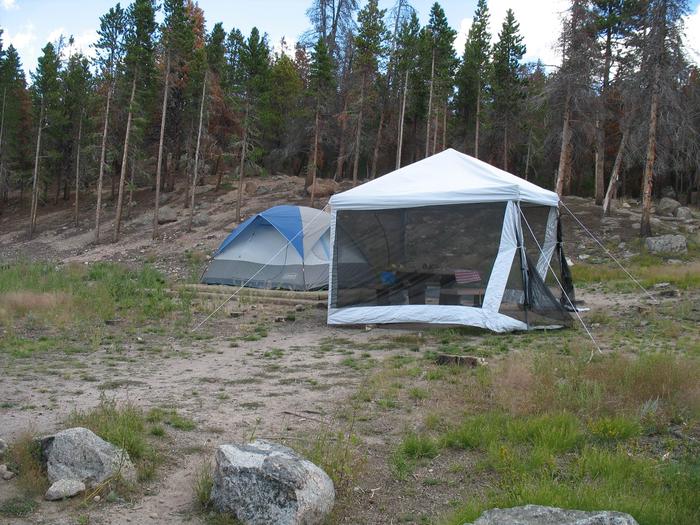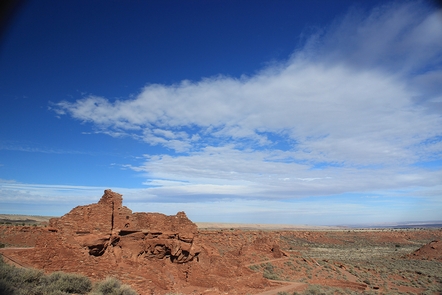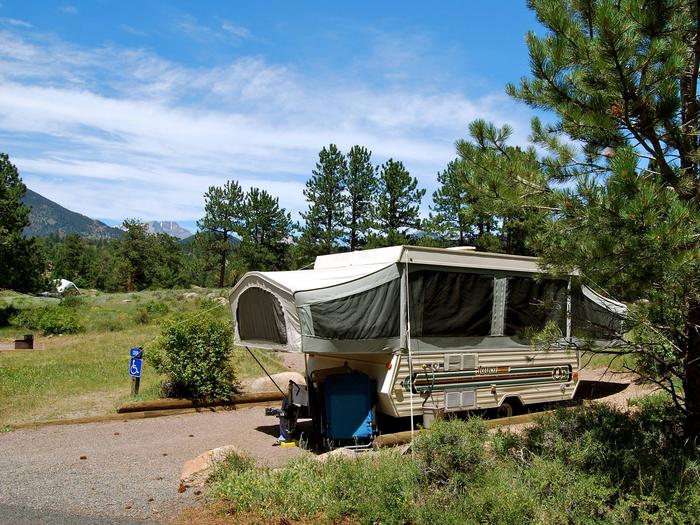Directions
To reach the refuge office and Walcott State Park, take Route 24 northeast from Rupert, Idaho; there are some tricky turns in Rupert so watch the signs carefully. About 5.5 miles from Rupert, turn right on the Minidoka Dam road and follow it to the refuge. From Interstate 86: Take exit 21, Cold Water, and follow the gravel road on the north side of the interstate to the refuge gate; or take exit 15, Raft River, then follow the signs on the north side of the interstate to the Gifford Springs boat ramp. Another route to the refuge can be found on the south side of the reservoir from Old Highway 30.
Phone
208-436-3589
Activities
BOATING, FISHING, HIKING, HUNTING, WILDLIFE VIEWING, ENVIRONMENTAL EDUCATION, PHOTOGRAPHY, PADDLING
Camping Reservations
Reserve your campsite at these camping areas:
Hiking Trails
Looking for nice hiking areas to take a hike? Choose from these scenic hiking trails:
Related Link(s)
Minidoka National Wildlife Refuge
Minidoka National Wildlife Refuge extends 25 miles along both shores of the Snake River, upstream from the Minidoka Dam in south-central Idaho. Over half of the refuge is open water, with small patches of marsh that attract concentrations of up to 100,000 ducks and geese during spring and fall migrations. Colonial nesting birds, river otters, and mink feed upon the large populations of cold- and warmwater fish that flourish in shallow beds of submerged vegetation. Undisturbed habitats are critical to colonial nesting birds, especially American white pelican, and molting waterfowl; nowhere else in southeastern Idaho can such habitat be found in this quantity or quality. The refuge uplands are a mix of rock, sand, and shallow soil habitat that supports a diversity of small mammals, reptiles, and invertebrates. The basalt lava flows provide habitat for some of the more diverse reptile fauna in Idaho. The Idaho dunes tiger beetle, a species of special concern, is found on refuge sand dunes, while the Utah valvata, an endangered snail, inhabits the reservoir. Both sage and sharptailed grouse occupy refuge habitat that is becoming increasingly important in the face of petitions to list these species. More than 100 years ago, settlers on the Oregon Trail passed just south of the refuge; some crossed on an alternate route through the refuge. Today, thousands of visitors come to Lake Walcott State Park, located within the boundary of Minidoka Refuge, to camp, picnic, hike, observe wildlife, hunt waterfowl, boat, and fish. Sensitive wildlife areas are closed to recreational use.





